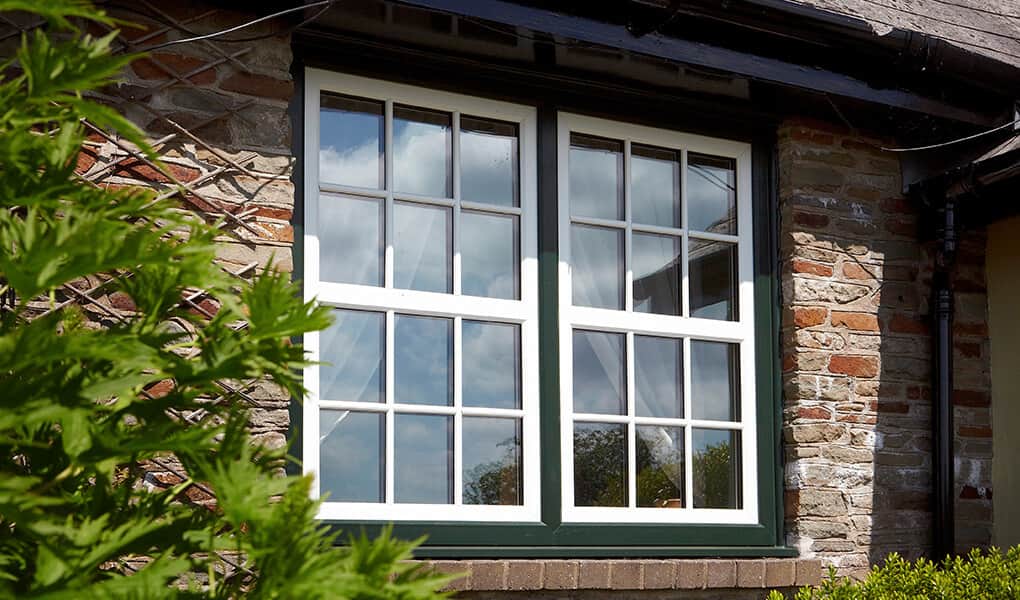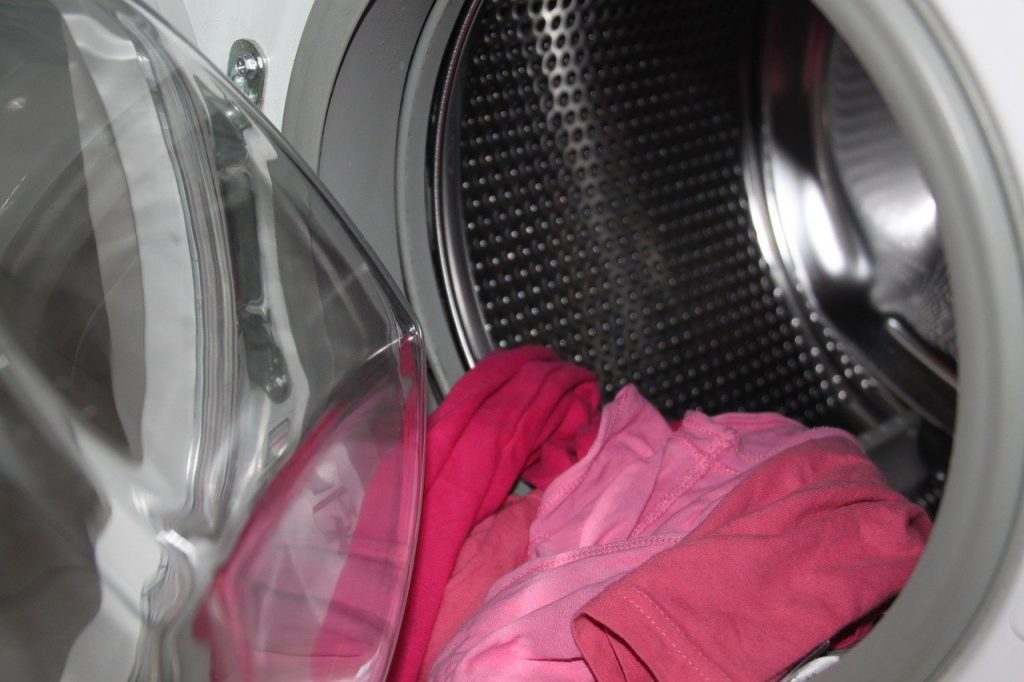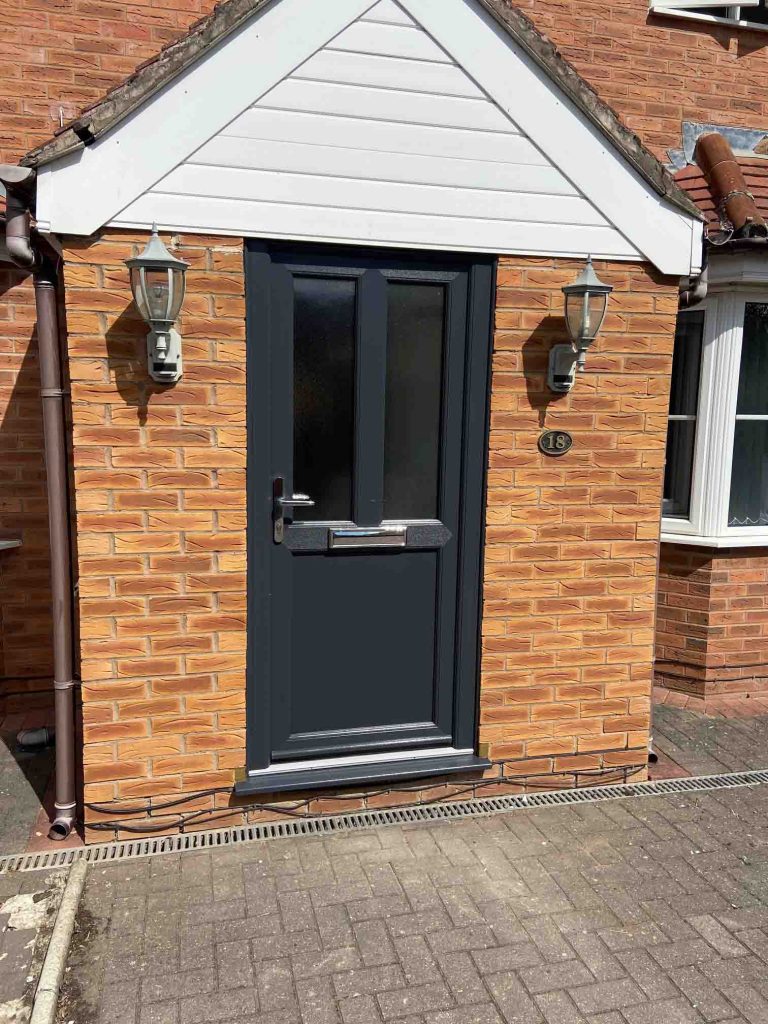
9 elements in your home that really are increasing your energy bills
With winter not too far away, central heating systems across the UK are set to see their usage rise exponentially. Of course, this inevitably leads to higher energy bills too. So, with that in mind, we thought we would look at some of the things increasing your energy bills and what you can do to stop yours from rising.
1. The phantom load
The term phantom load is used to describe the background electricity being consumed by appliances. It is estimated that phantom load is wasting the average home up to £140 a year on energy. But, in extreme cases, it could be as much as £450! Some of the biggest contributors to phantom load include TV’s, game consoles, computer monitors and other electricals that have a standby mode; microwaves, kettles and other appliances also use electricity when left on at the plug.

However, going around your home and turning off laptops that are left on charge, TV’s on standby and any other appliances left on standby or on at the plug can bring your energy bills down significantly.
2. Old or single glazed windows
Old windows are major culprits for heat loss, as is single glazing. The more heat you lose, the harder your heating system has to work to keep your home warm. This leads to more energy consumption and higher energy bills.

But, did you know that replacing all the single glazed windows on a detached home with ‘A’ rated double glazing can save up to £110 a year on energy? Here at T&K, we have a wide range of windows that are rated ‘A’ and above. So, you can knock down your energy bills today.
3. Inefficient white goods
There are various large, household appliances that are categorised as white goods:
- Washing machines
- Fridges & freezers
- Ovens
- Dishwashers
White goods generally consume large amounts of electricity when operated, although older varieties, which can have energy ratings as low as G, consume far more energy than modern alternatives; these are available with energy ratings as high as A+++. So, swapping out any older appliances for newer alternatives should lead to considerable savings.
4. How we use white goods

As equally inefficient as the larger appliances in our homes is the way that many of us use them; so many of us use a washing machine that is not full, or operate it at higher temperatures; others use their dishwasher when there’s plenty of space for more crockery, or a tumble dryer to dry a single pair of jeans. With these appliances consuming a lot of energy each time they are used, methods like these lead to lots of energy wastage.
Try to only use washing machines and dishwashers when full. Turning down the temperature on your washing machine’s wash cycle will also reduce energy use. Air drying clothes, although slower than a tumble dryer, will also lower energy consumption.
5. Draughty front or back doors
Like old windows, draughty front doors and back doors provide an easy route for cold air to get into the home and warm air to get out. Older doors are not built to the same energy standards as newer ones either. So, their ability to retain heat is worse, meaning more being spent on energy to keep the home warm.

If you have any old, draughty, or ill-fitting doors, replace them with new, energy-efficient alternatives. We recommend our range of composite doors, which come in a wealth of styles and colours to suit any home.
6. Your energy tariff
Your current energy tariff might mean you are seriously overpaying on energy, especially if you have not changed your deal recently. But did you know that people who used Uswitch to switch their gas and energy providers between the 1st of January 2020 and 30th June 2020 saved £387 on average on energy?
There are various other price comparison websites that you can use to compare energy tariffs: Money Supermarket, Simply Switch and Energy Helpline, to name a few. So, why not compare tariffs and see if you can save today?
7. Polycarbonate conservatory roofs
If you happen to own a conservatory that has been fitted with a polycarbonate roof, it’s likely that conservatory is much too cold the winter and too hot in the summer, for that matter. As a result, attempting to keep it warm is straining your radiators and ramping up your energy bill.
However, a conservatory roof replacement can keep the winter cold at bay, meaning you can reduce the strain on your radiators and energy bill.
8. Leaving the lights on
Did you know that switching off lights when they are not in use can save around £15 a year on energy? Also, it’s estimated that if a family were to switch off the light whenever they leave a room, they could save between £50-£90 a year. So, if you or your family are guilty of leaving on the lights, maybe now is the time to change this bad habit.
9. An inefficient showerhead
For 4 person households with showers powered by the boiler or a hot water tank, swapping the showerhead for an energy-efficient one could knock down the gas bill by as much as £38. You can also save £8 a year per person on energy just by showering for 1 minute less every time you shower.











